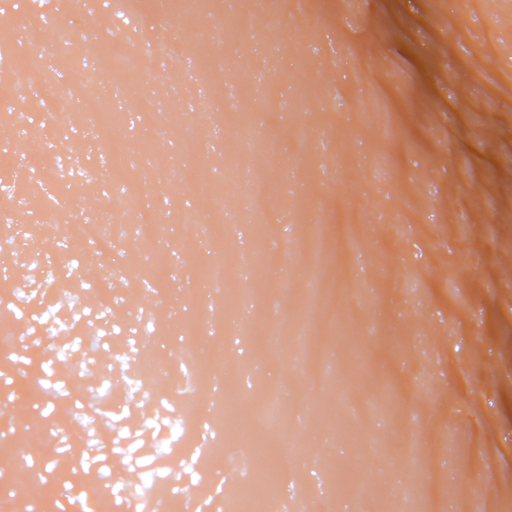As a dermatologist, I often encounter patients who are battling with oily skin. This skin type is characterized by an excess production of sebum, a natural skin oil that helps protect the skin and keep it hydrated. However, when produced in excess, sebum can lead to a shiny complexion, clogged pores, and acne breakouts. While oily skin can be challenging to manage, there are several proven strategies that can help control oil production and maintain a healthy, balanced complexion.
1. Regular Cleansing: The first step in combating oily skin is regular cleansing. Use a gentle, oil-free cleanser twice daily to remove excess oil and impurities without stripping your skin of its natural moisture. Avoid harsh soaps or detergents as they can stimulate your skin to produce more oil.
2. Exfoliation: Exfoliating your skin once or twice a week can help remove dead skin cells that can clog pores and increase oil production. Choose a gentle exfoliant with salicylic acid or alpha hydroxy acids (AHAs), which can penetrate the pores and help regulate oil.
3. Hydration is Key: It’s a common misconception that oily skin doesn’t need moisturizing. In fact, when your skin is dehydrated, it may produce more oil to compensate. Opt for an oil-free, non-comedogenic moisturizer that won’t clog your pores.
4. Use Oil-free Sunscreen: Sun protection is crucial for all skin types, but those with oily skin should choose their products carefully. Look for oil-free or gel-based sunscreens which are less likely to clog pores or contribute to oiliness.
5. Balanced Diet: Your diet can also play a role in managing oily skin. Foods high in sugars and fats can stimulate oil production, while a diet rich in fruits, vegetables, lean proteins, and whole grains can help balance your skin’s oil levels.
6. Blotting Papers: For a quick fix during the day, blotting papers can be a lifesaver. These thin, small papers can absorb excess oil from your skin’s surface without disturbing your makeup or causing your skin to produce more oil.
7. Seek Professional Help: If your oily skin is causing distress or leading to persistent acne, it may be time to seek professional help. A dermatologist can provide personalized advice and may recommend treatments such as topical retinoids or oral medications to help regulate oil production.
In conclusion, while managing oily skin can be challenging, it’s far from impossible. By implementing these seven strategies into your skincare routine and lifestyle, you can help control oil production, prevent breakouts, and maintain a healthy, balanced complexion. Remember, everyone’s skin is unique, so what works for one person may not work for another. Don’t hesitate to seek professional advice if you’re struggling with oily skin. As a dermatologist, I can assure you that there are many effective treatments available, and together we can find a solution that works for you.



